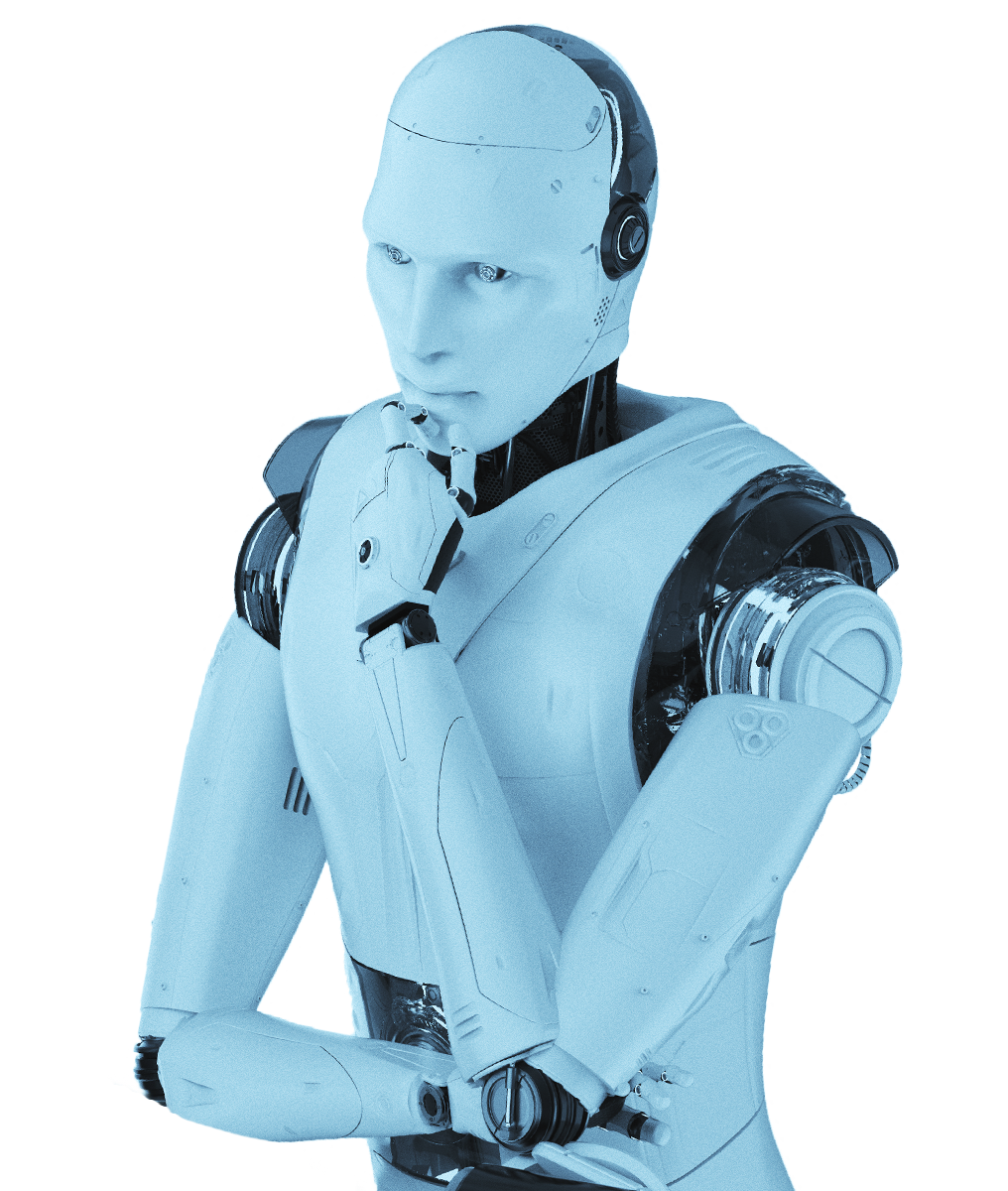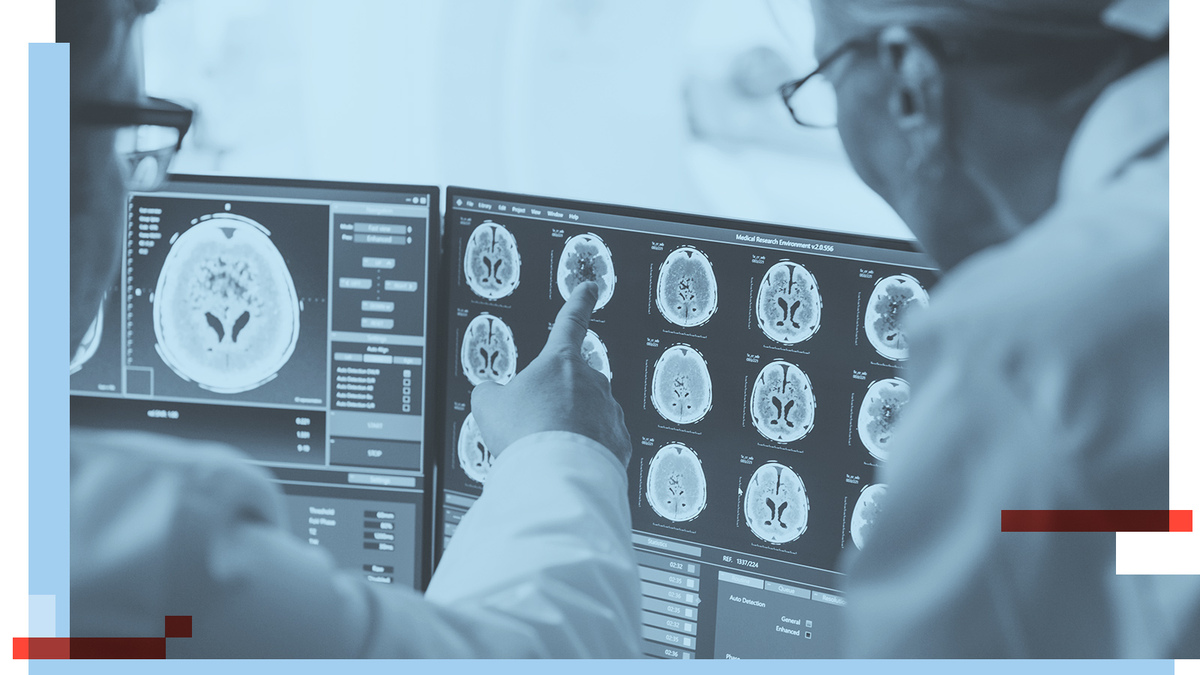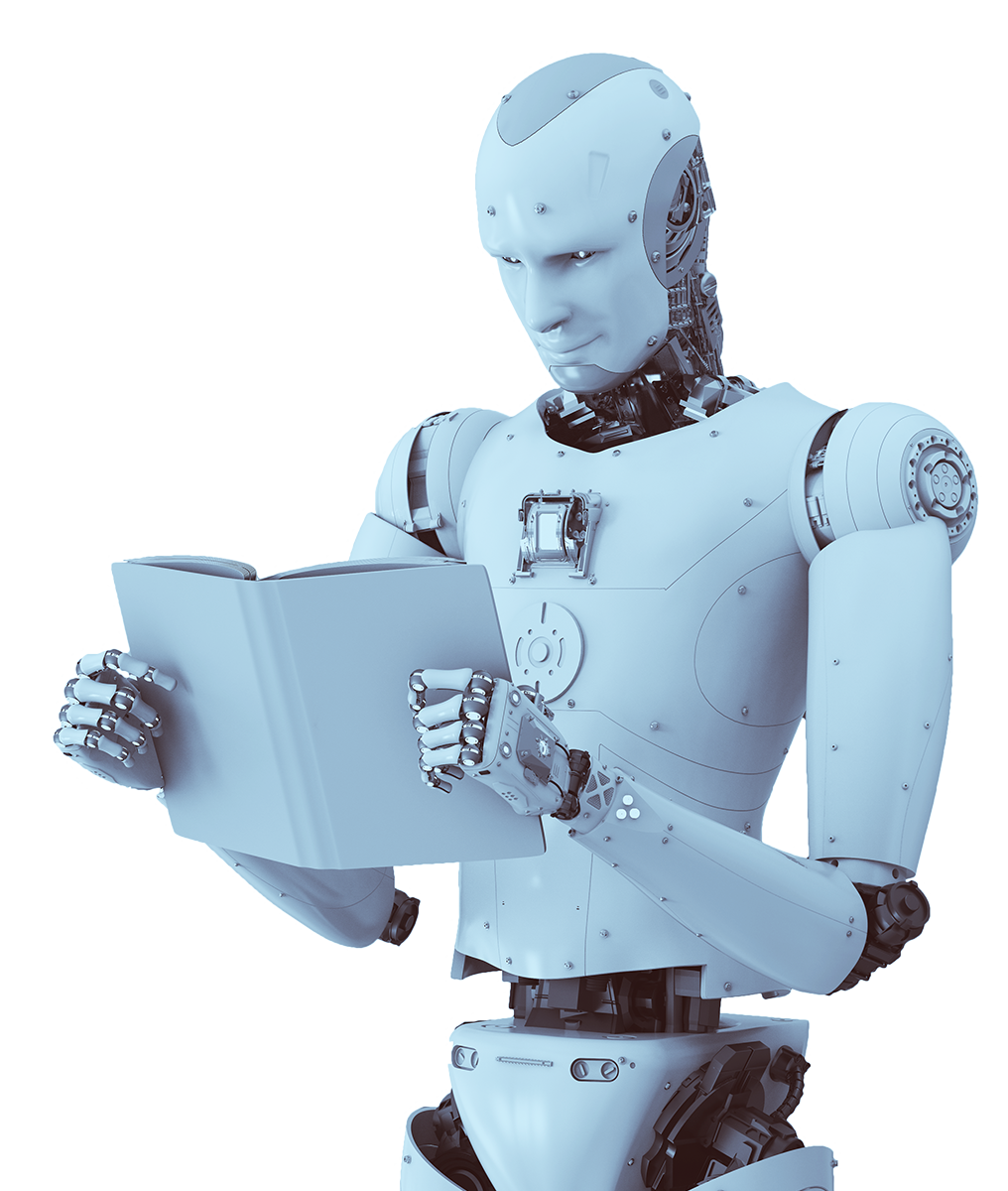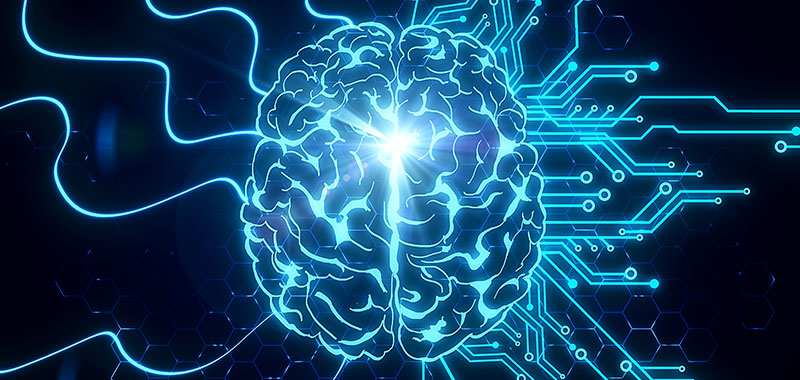Can Germany afford to be this sceptical about AI?
“In Germany, the discussion of artificial intelligence (AI) is marked by skepticism. That bothers me.”
In his blog Futurework.online, Kristian Schalter, Director Strategy and Digital Transformation at the Confederation of German Employers' Associations (BDA) draws on his background in political science and economics to discuss how future technologies such as AI (artificial intelligence) are changing our working world. In this interview, he reveals why Germany cannot afford to remain this skeptical about AI in the long term.


Hello Mr Schalter, I really appreciate you making time for this interview. In your blog, you are advocating a less skeptical approach to artificial intelligence. Why do think the German mistrust of AI is unjustified?
Kristian Schalter: Artificial intelligence has enormous potential for making our lives better and our work easier. Yet, the discussion in Germany largely revolves around risks. That bothers me. I am not against some healthy skepticism in principle. However, many things are exaggerated – especially when it comes to the future of work. There is a lot of talk about the end of human work, broad automation and large-scale redundancies. This has almost become a tradition with the technological progress in Germany. The way I see it, the biggest risk is that we are falling behind with AI development on an international level, and that the jobs of the future are created elsewhere – not in Germany or even Europe. That would truly be a horrific scenario.
Where would you say that mistrust among the people stems from?
Kristian Schalter: When people read reports about algorithms with a discriminating bias or absolute surveillance in China, mistrust is a natural reaction. We tend to remember negative things better than positive ones. The term “artificial intelligence” certainly doesn’t help, either. Saying “machine learning” would be better. Although that is just one sub-form of AI, it describes what really happens. AI is not positive or negative in itself. It is a means to an end. What that end is, is still up to humans to decide. This makes it even more important to maintain a clear focus on the potential of AI and discuss the opportunities properly. We need to figure out where we really want to go with the development. If we look at fields like healthcare or mobility, it becomes obvious how great the potential is, and how much we can all benefit from it personally. There is no doubt about the things we don’t want. That is why we must be among the world leaders here. Setting international standards – and that includes ethical standards – is only possible from a leadership position.

What tips would you give those who want to know more about AI and experience the latest AI technologies?
Kristian Schalter: For the second part, simply using your smartphone will give you great insights. It contains many AI applications we use every day: in the navigation function, email inbox, web browser, newsfeed, language assistant, movie recommendations and so on. Professionally, I focus on the future of work. Artificial intelligence is already supporting people at work in a myriad of ways. I am particularly impressed with the industrial projects of the Fraunhofer Institute. They are always in tune with the latest trends, and reflect the reality companies experience particularly well.
Could you give an example of how AI would change a specific job?
Kristian Schalter: The most prominent example that is often used would be a radiologist. In many cases, artificial intelligence can analyse X-rays and patient data both faster and with more precision than a human. Rather than making the radiologist redundant, this means they can focus on other aspects of their work – like patient consultations. Pattern recognition is also useful in other fields. One example would be production: Identifying recurrent patterns is a huge issue in quality control.

"In many cases, artificial intelligence can analyse X-rays and patient data both faster and with more precision than a human."
We all need to acquire new skills. How does the change in job profiles affect that?
Kristian Schalter: Education is the key issue in the digital transformation of the working world. The idea that completing an apprenticeship or graduating with a degree means having acquired the necessary competences for a certain career all the way to retirement is unrealistic. Flexibility and adaptability are the most crucial skills in the modern working world, as job requirements constantly change. While I believe the term “lifelong learning” is overused quite a bit, it perfectly describes what needs to happen: Employees must be willing to gain new knowledge – in every stage of their career. Many still resist that.
Let’s look at it the other way around: Can AI help employees to gain new skills? If yes, how?
Kristian Schalter: Yes, absolutely. After all, the very advantage of intelligent algorithms is that they can give me tailored recommendations based on my personal qualifications. Among other things, this can help with the creation of customised professional development offers. Secondly, AI also provides support on the job. For example, smart glasses that project digital images in the wearer’s field of vision to create an augmented reality aid in the performance of various tasks. There are many opportunities.
How would you imagine an optimal collaboration between a human lecturer and AI – a “robot teacher” so to speak – to convey learning content?

Kristian Schalter: Humans have unique skills that no robot in the world can replace. A great teacher has more than technical knowledge. They stand out with their empathy and social competences. I trust we all had that one teacher who was a genius in their field, but never quite cut it in their interactions with the younger generation. Equally, we all had a teacher who was able to create enthusiasm for their subject, and maybe even made a real impact on our development. Praise from a computer will never have the same effect as praise from a human being. Meanwhile, computers are better at processing data, and this can be leveraged for determining a student’s optimal learning speed and the topics they need to catch up on, and for recommending tailored learning content. This opens up great potentials – also in terms of reducing the teachers’ workload. However, we still need to learn how to use those methods effectively as part of the lessons. I would say we are only just getting started with that.
Most people are relieved to hear that AI cannot replace them entirely. Which competences do you think make humans unique and therefore irreplaceable?
Kristian Schalter: We should avoid trying to beat the machines. That will not work. We need to see them as a support system. We will gain more from focusing on our strengths: creativity and emotional competences – the things that set us apart from machines.
A perfect closing remark, Mr Schalter! Thank you very much for this interesting interview.
Visit Futurework.online – it’s worth it!

AI in corporate learning
There are many concerns about artificial intelligence (AI). But especially in corporate learning, AI can be a great help. We take up some questions around the topic of AI and go into them in more detail.
![[E-Learning Punk] Virtual Classroom Preview](https://images.im-c.com/wp-content/uploads/2020/06/imc_image_elearningpunk_virtualclassroom_thumbnail_2020_06_05.jpg)
AI Learning: "Jingle Bots, Jingle Bots..."
Many large organisations are already taking advantage of the positive effect of games on learners when it comes to the professional development of their employees. We have taken a closer look at the most common types of games for you.

Contact person
I joined the imc newsroom team in 2021. As a journalist my heart beats for content and storytelling.
I’m excited to figure out how e-learing and digitization affect the future of work.
My task is to create content to talk about and I’m always looking for trends.
Privately I love to travel and eat Tapas.
Topics: E-Learning Trends, Corporate Social Responsibility, Press and Influencer Relations, New Work
